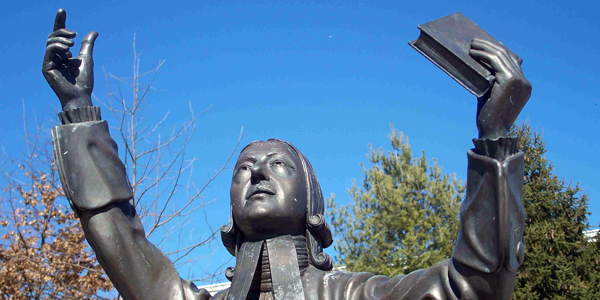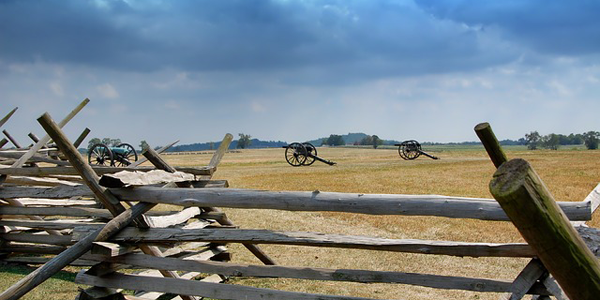We have all had that boss. You know the one that makes the pointy-haired boss in the Dilbert cartoons look like a managerial ninja. There are not enough hours in the day to tell the stories of the trauma we experienced at the hands of our micromanaging bosses. The micromanager will say they view themselves as an empowerer of employees. If pressed further to explain why they must check with a ruler the trash bags to make sure the tops of the bag descends exactly 2.78 inches over the lip of the garbage can the micromanager will say it is because it is important . . . and everything is important.
The foundation of any relationship is trust. The micromanager has none. If they trusted their employees they would allow their employees to do the job for which they were hired. What keeps them from trusting? Low self-confidence and fear. They doubt themselves and their employees. They are filled with fear of what could happen if they were not there to handle every situation. No one likes a micromanager.
All of us have a little micromanager inside of us. This manager’s name is “fear.” But it is not employees we are hovering over it is God. To be consumed by fear is to micromanage God. Craig Groeschel puts it another way “Fear is placing your faith in ‘what-ifs’ rather than in ‘God is.'”
What’s the problem with micromanaging God? First, you are not his boss. Nothing more should really need to be said here. Second, do you honestly think you can run the world better than its creator and sustainer?
In this dramatic political season, many of us are tempted to be fearful of the “what-ifs.” To do so is to attempt to manage our world and not trust God’s capacity to manage. It is to place our faith in our capabilities or the capabilities of a particular candidate rather than the capabilities of God.
In this time, let us place our faith in who God is rather than being consumed by what could be.
Blessings,
Stephen



